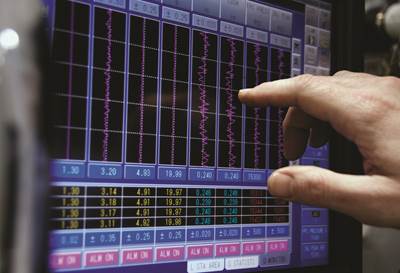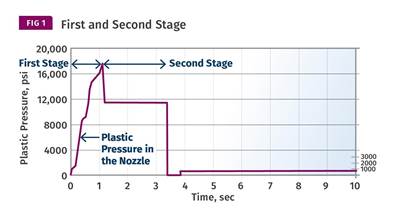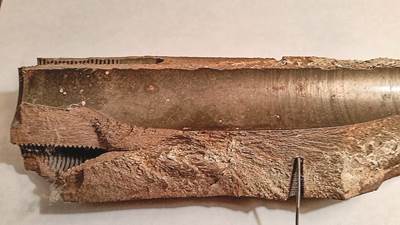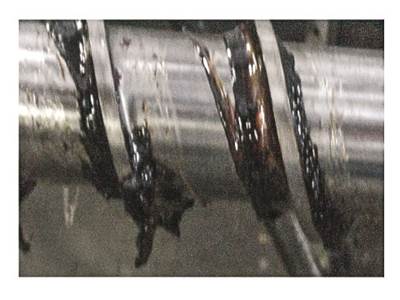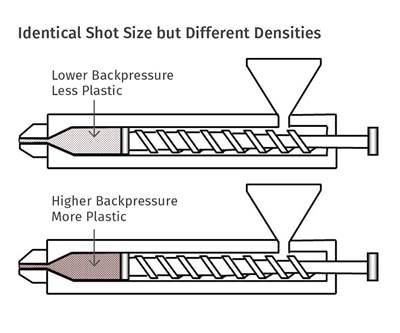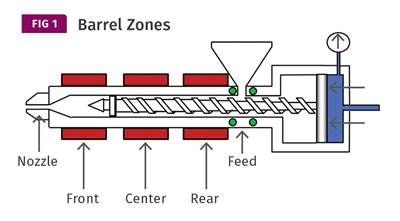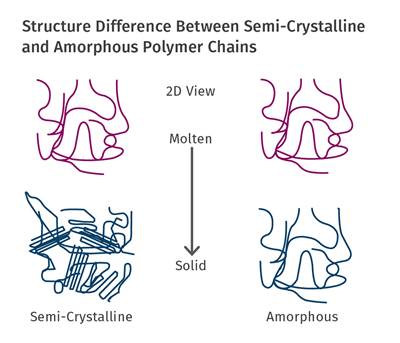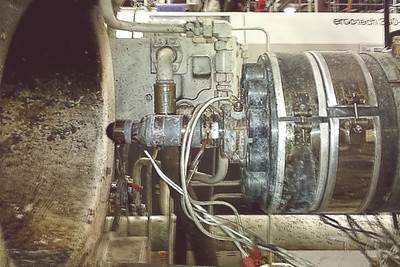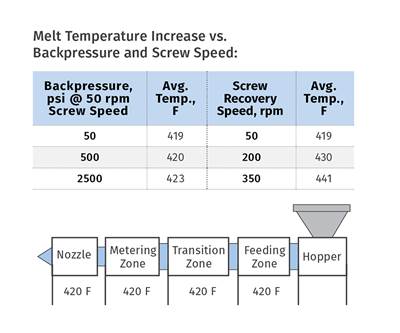Injection Know How
Injection Molding: Is There a ‘Most-Important’ Process Parameter?
A case can be made for multiple variables—fill balance, fill time, injection pressure, cavity pressure—as most important. But there is something else altogether that is essential to successful injection molding.
Read MoreInjection Molding: Fill Based on Volume, Not Weight
Most parts should be 90-99% full after first-stage—by volume not weight. Here’s why that’s important and how to make a first-stage-only part.
Read MoreInjection Molding: Safety First—Know the Compatibility of Different Resins
Certain materials don’t play well together when mixed. So it’s best not to. Here are some guidelines.
Read MoreInjection Molding: Process Documentation Is Crucial to Making ‘Identical’ Parts
Use a machine/mold setup sheet to document plastic parameters and use them on any acceptable machine into which the mold is placed.
Read MoreInjection Molding: A Practical Approach to Calculating Residence Time
Toss the formulas. The best way to determine residence time is to conduct a simple experiment.
Read MoreInjection Molding: How Backpressure Adjustments Influence Shot Size
Raising backpressure results in increasing shot size, which can cause a host of other problems.
Read MoreInjection Molding: How to Set Barrel Zone Temps
Start by picking a target melt temperature, and double-check data sheets for the resin supplier’s recommendations. Now for the rest...
Read MoreInjection Molding: Melting Amorphous vs. Semi-Crystalline Plastics
Understanding the differences in how each melts is crucial to obtaining melt uniformity.
Read MoreInjection Molding: Nozzle Heaters & Thermocouples: A Case of Wiring Done Wrong
Incorrect placement of wires for these components frustrates molders and costs them money to boot.
Read MoreInjection Molding: No, Backpressure Does NOT Raise Melt Temperature
It’s a classic confusion between cause and effect. Melt temperature rises when screw speed is increased. Check out this data.
Read More